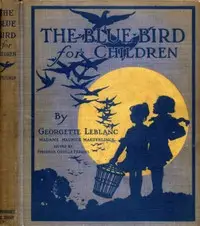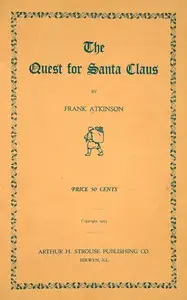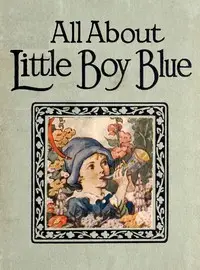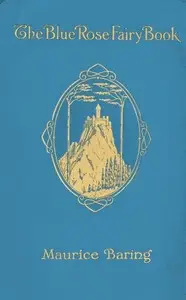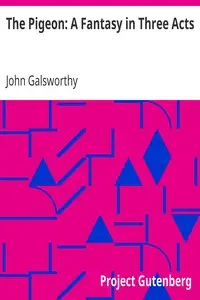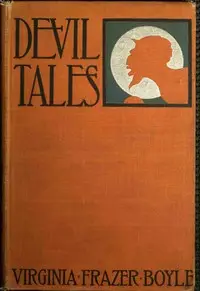"The Blue Bird: A Fairy Play in Six Acts" by Maurice Maeterlinck is a charming play of the late 1800s, telling the story of Tyltyl and Mytyl, two kids who go on a magical adventure to find the Blue Bird of happiness with the help of Fairy Bérylune. They travel to amazing places full of talking things, animals, and memories, learning about happiness, love, and what it really means to be happy. The play starts with Tyltyl and Mytyl in their simple home, excited by a Christmas party nearby, but sad they don't have presents. Then, the fairy asks them to find the Blue Bird for her sick daughter. The kids are excited and, even though they're a bit worried, they get ready to go on a magical trip with the fairy, promising to visit the wonderful worlds of Memory and Happiness.
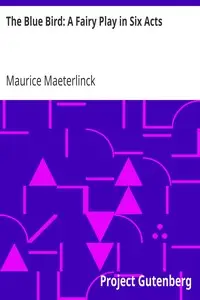
The Blue Bird: A Fairy Play in Six Acts
By Maurice Maeterlinck
Two siblings are sent on magical treasure hunt to discover what true happiness is.
Summary
About the AuthorMaurice Polydore Marie Bernard Maeterlinck, also known as Count/Comte Maeterlinck from 1932, was a Belgian playwright, poet, and essayist who was Flemish but wrote in French. He was awarded the Nobel Prize in Literature in 1911 "in appreciation of his many-sided literary activities, and especially of his dramatic works, which are distinguished by a wealth of imagination and by a poetic fancy, which reveals, sometimes in the guise of a fairy tale, a deep inspiration, while in a mysterious way they appeal to the readers' own feelings and stimulate their imaginations". The main themes in his work are death and the meaning of life. He was a leading member of La Jeune Belgique group, and his plays form an important part of the Symbolist movement. In later life, Maeterlinck faced credible accusations of plagiarism.
Maurice Polydore Marie Bernard Maeterlinck, also known as Count/Comte Maeterlinck from 1932, was a Belgian playwright, poet, and essayist who was Flemish but wrote in French. He was awarded the Nobel Prize in Literature in 1911 "in appreciation of his many-sided literary activities, and especially of his dramatic works, which are distinguished by a wealth of imagination and by a poetic fancy, which reveals, sometimes in the guise of a fairy tale, a deep inspiration, while in a mysterious way they appeal to the readers' own feelings and stimulate their imaginations". The main themes in his work are death and the meaning of life. He was a leading member of La Jeune Belgique group, and his plays form an important part of the Symbolist movement. In later life, Maeterlinck faced credible accusations of plagiarism.


